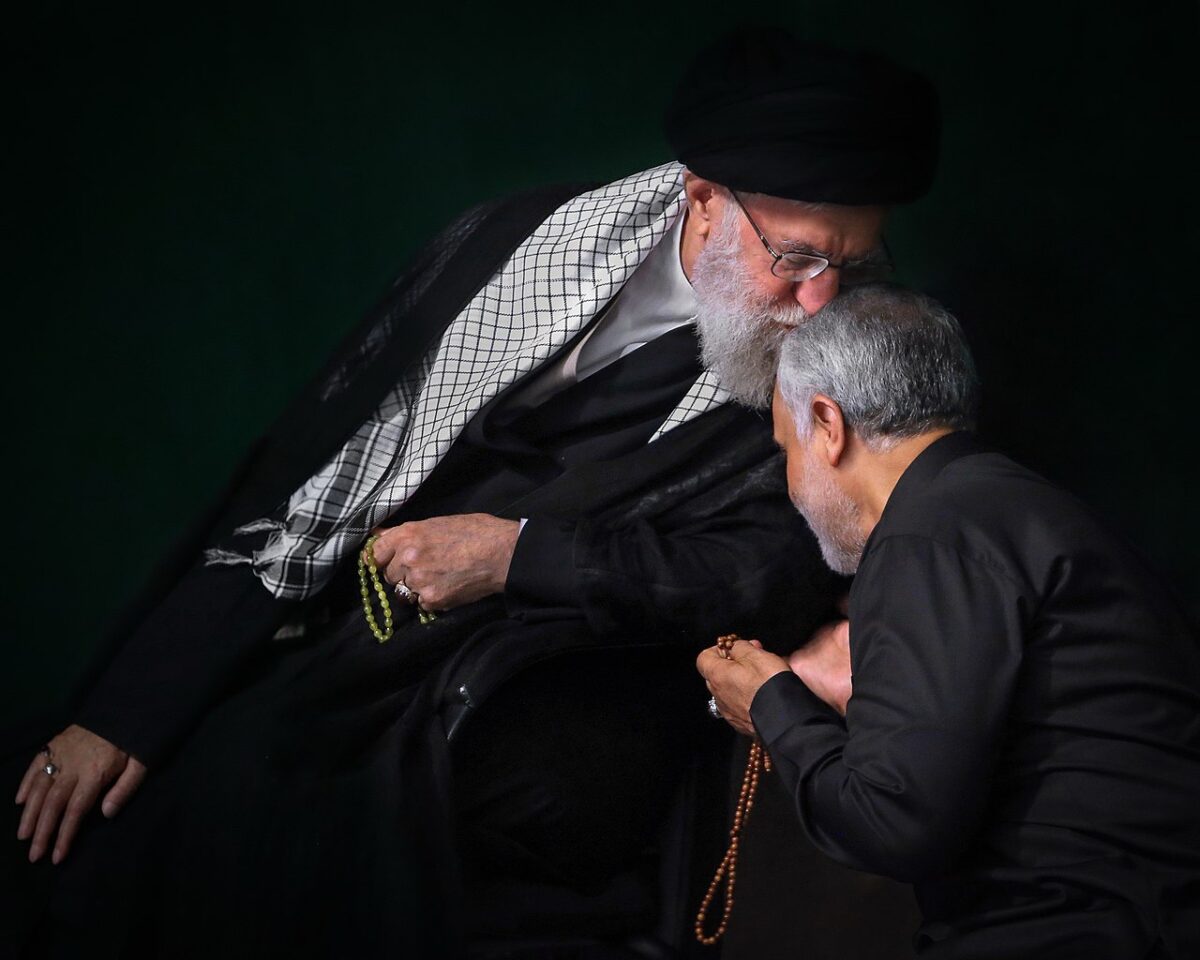As 2021 was ushered in, Iran was at loggerheads once again with the United States and Israel, its foremost enemies.
It was a case of deja vu all over again.
Iran has been at odds with the Big Satan, the U.S., and Israel, the Little Satan, since the 1979 Islamic revolution, which swept away the pro-American Pahlavi monarchy and supplanted it with an anti-American regime controlled by Shi’a clerics and their followers.
In the waning weeks of the old year, tensions reached new heights.
Qassem Soleimani, the commander of the Islamic Revolutionary Guard Corps’ Quds Force, and Abu Mahdi Al-Muhandis, an Iraqi militia leader who headed the Popular Mobilization Forces, were killed in a U.S. drone attack on January 3 near Baghdad International Airport.
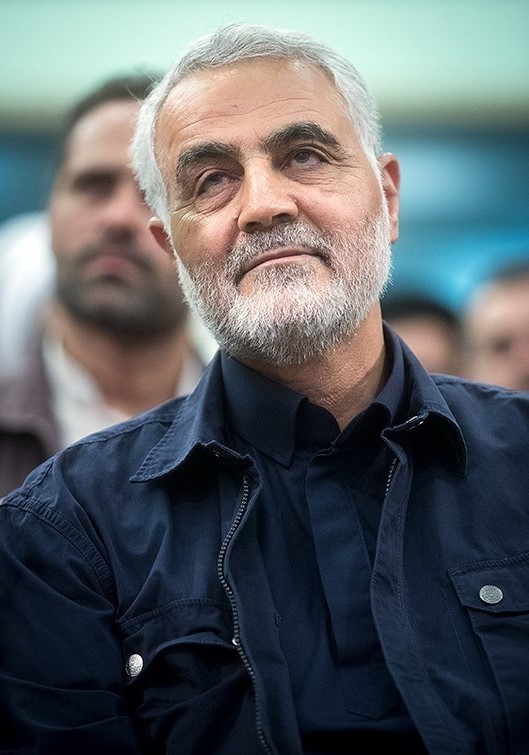
Mohsen Fakrizadeh, one of the leading scientists in Iran’s nuclear program, was assassinated on November 27 in a strike believed to have been carried out by Israeli operatives.
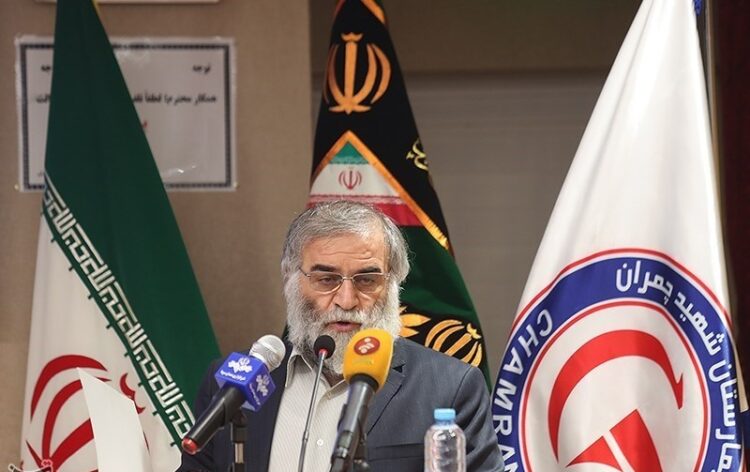
These events may lead to unpleasant consequences.
Soleimani’s successor, Esmail Ghaani, said recently that Iran will avenge Soleimani’s death.
On the first day of 2021, Iran’ top-ranking judicial official, Ebrahim Raisi, said that Iran will exact vengeance, even if it means that outgoing U.S. President Donald Trump may be targeted.
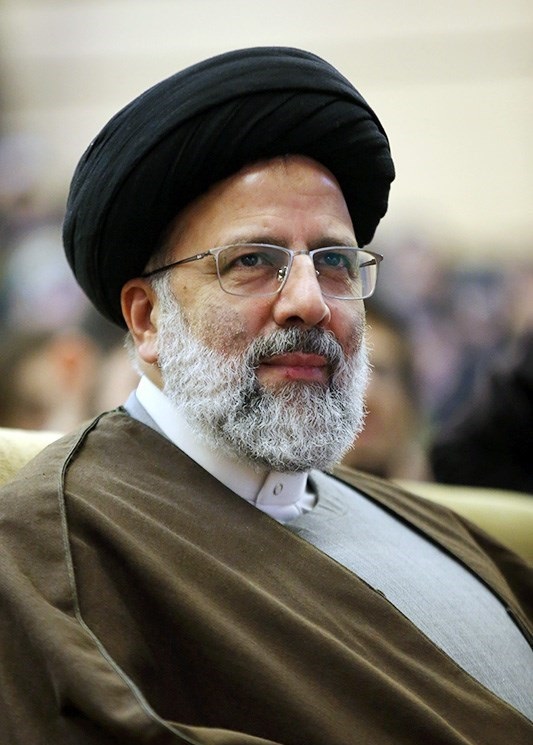
“They will witness severe revenge. What has come so far has only been glimpses,” said Raisi ominously, referring to Iran’s bombardment of a U.S. military camp in Iraq shortly after Soleimani’s assassination, resulting in the injury of two dozen American soldiers.
With Iran threatening retribution yet again, the United States and Israel let it be known they would reply forcefully to Iranian aggression.
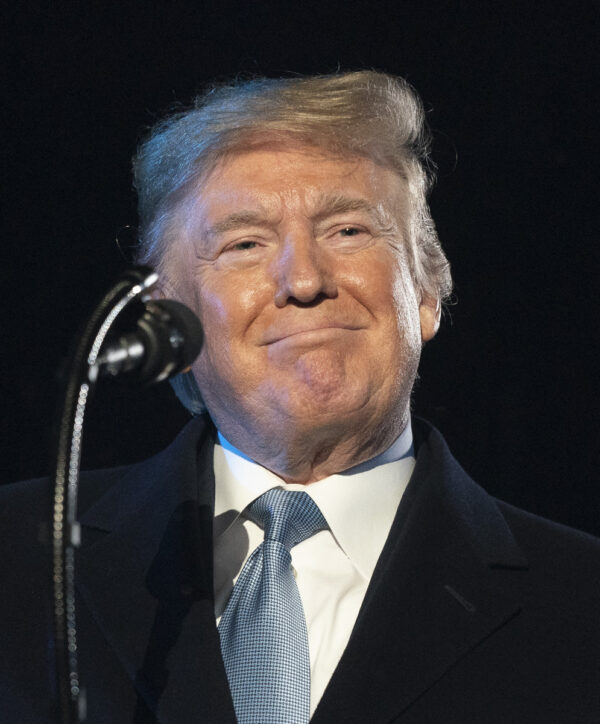
Responding to a rocket barrage on December 20 that damaged the U.S. embassy in Baghdad, the largest American diplomatic mission in the world, Trump warned that Iran would be liable for any attacks that cause fatalities. “Some friendly health advice to Iran,” Trump tweeted sarcastically. “If one American is killed, I will hold Iran responsible. Think it over.”
Since 2019, the embassy and U.S. military bases have been hit by dozens of rockets, all aimed at driving American troops out of Iraq, Iran’s next-door neighbor. “Iran has an objective of ejecting the United States from the theater, from the region” General Kenneth McKenzie, the commander of the U.S. Central Command, said recently. “They see Iraq as a principal battleground for that.”

Several months ago, U.S. Secretary of State Mike Pompeo threatened to close the embassy in Baghdad within weeks unless Iraqi militias ceased their attacks. Washington has not followed through with that threat, possibly because Iraqi Prime Minister Mustafa al-Kadhimi would regard it as a signal of a complete U.S. troop withdrawal from Iraq.
For the record, Trump has expressed a desire to end the United States’ involvement in the “endless wars” of the Middle East.
Nonetheless, as the first anniversary of Soleimani’s assassination loomed, Trump was reportedly dissuaded from striking Iran, his aides warning him that a U.S. attack could ignite a Middle Eastern war in his final weeks in office.
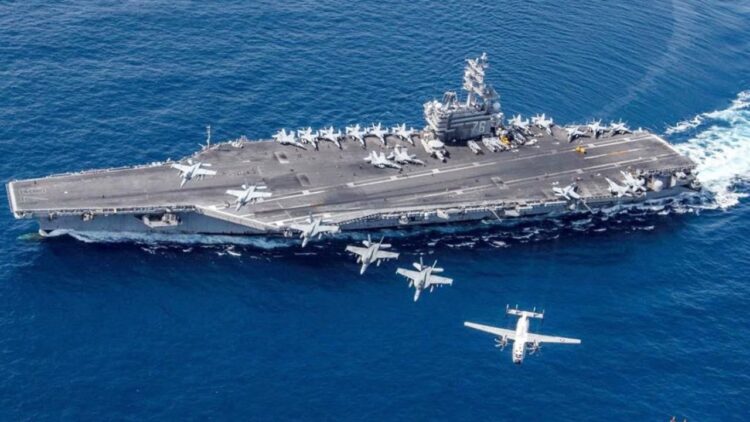
To back up his warnings, Trump dispatched B-52 bombers into the region and sent the aircraft carrier USS Nimitz and a nuclear-powered submarine, the USS Georgia, into the Persian Gulf.
In the face of these moves, Iranian Foreign Minister Mohammad Javad Zarif accused Trump of trying to fabricate a “pretext for war.”
Bt that as it may, Trump has continued to impose new sanctions against Iran in accordance with his campaign of “maximum pressure” against the oil-based Iranian economy.
In Israel, the chief of staff of the armed forces, General Aviv Kohavi, declared that Israel would react militarily to any act of Iranian aggression.
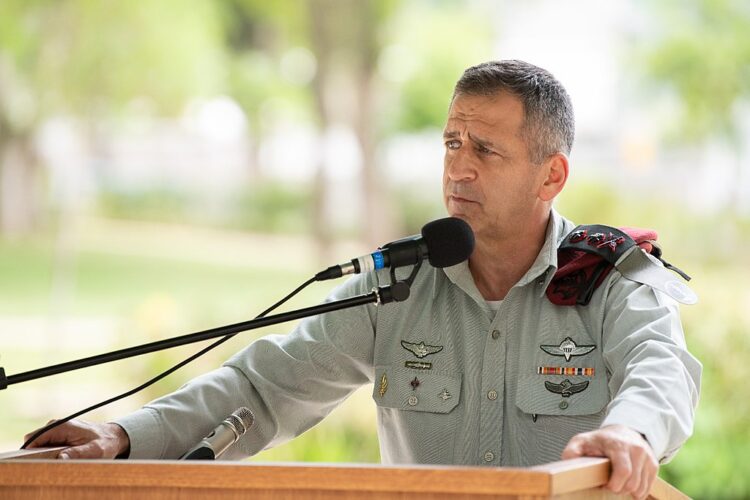
“Recently, we have heard increased threats from Iran against the State of Israel,” he said. “If Iran and its partners carry out actions against Israel, they will discover their partnership will be very costly.” He added, “I am saying this plainly and I am describing the situation as it is. The response and all the plans have been prepared and practiced.”
In a show of force, an Israeli submarine crossed the Suez Canal en route to the Persian Gulf. An Israel Defence Force spokesman said that Israeli submarines were quietly “sailing everywhere.”
On the first day of the new year, the Israeli media reported that Israel was preparing for a strike by Iranian-supported militias in Yemen and Iraq.
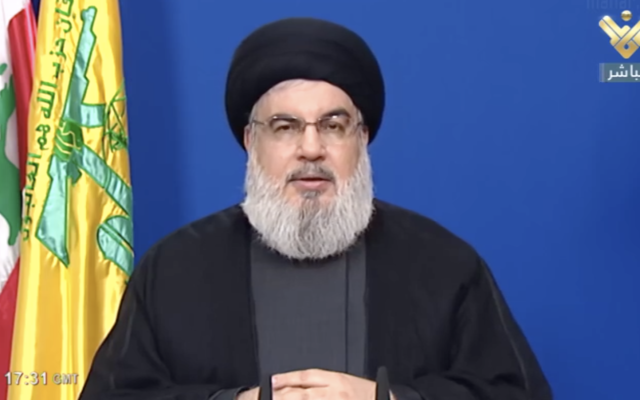
On January 3, Hassan Nasrallah, the secretary-general of Hezbollah, a Lebanese militia backed by the Iranian government, said that Iran is strong enough to act alone.
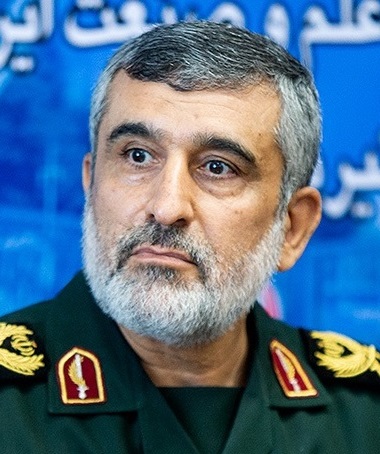
But on the same day, an Iranian general, Amir Ali Hajizadeh, the commander of the Islamic Revolutionary Guard Corps’ aerospace unit, contradicted him. He said that militias working with Iran have been instructed “to level Haifa and Tel Aviv to the ground in case any foolishness is committed against Iran.”
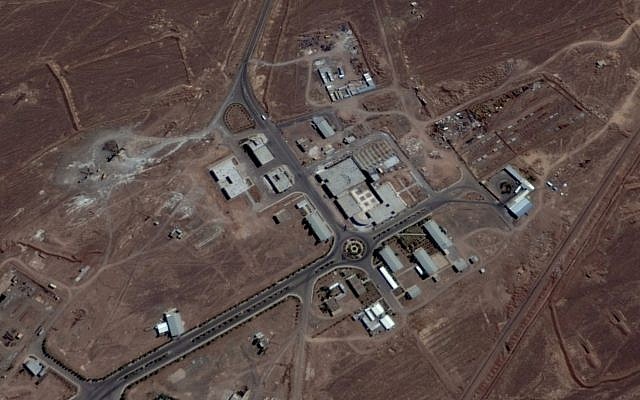
On January 2, the director of Iran’s Atomic Energy Organization, Ali Akbar Salehi, informed the International Atomic Energy Agency that Iran will enrich uranium to 20 percent at its underground facility in Fordo “as soon as possible.” On January 4, Iran formally began enrichment.
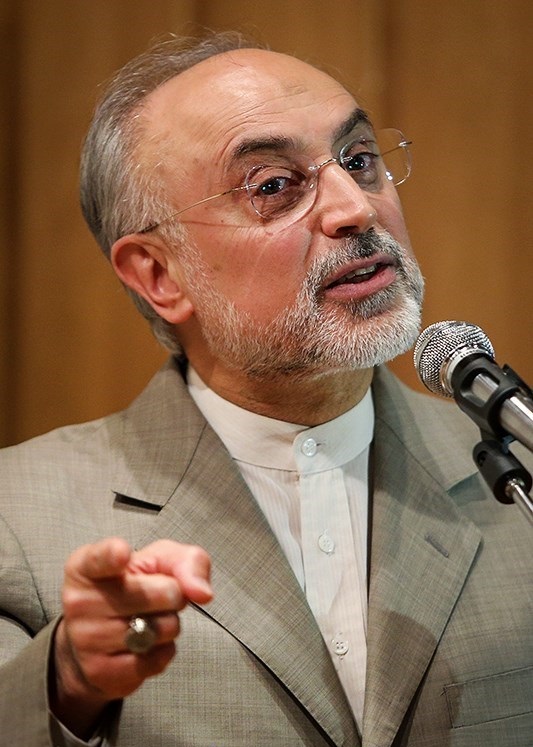
Iran’s decision was not really surprising. Since the Trump administration’s withdrawal from the 2015 Iran nuclear agreement, Iran has been steadily violating some of its provisions, in the hope of pressuring the United States to return to the accord.
Under the nuclear agreement, Iran’s enrichment level was capped at 3.6 percent. Lately, Iran has been enriching uranium up to 4.5 percent. To build an atomic bomb, Iran would have to reach a weapon-grade level of 90 percent enrichment.
Joe Biden, the U.S. president-elect, has signalled an interest in returning to the nuclear agreement, whose signatories include Russia, China, France, Britain and Germany as well. If this should happen, Iran would be obliged to keep uranium enrichment at 3.6 percent.
